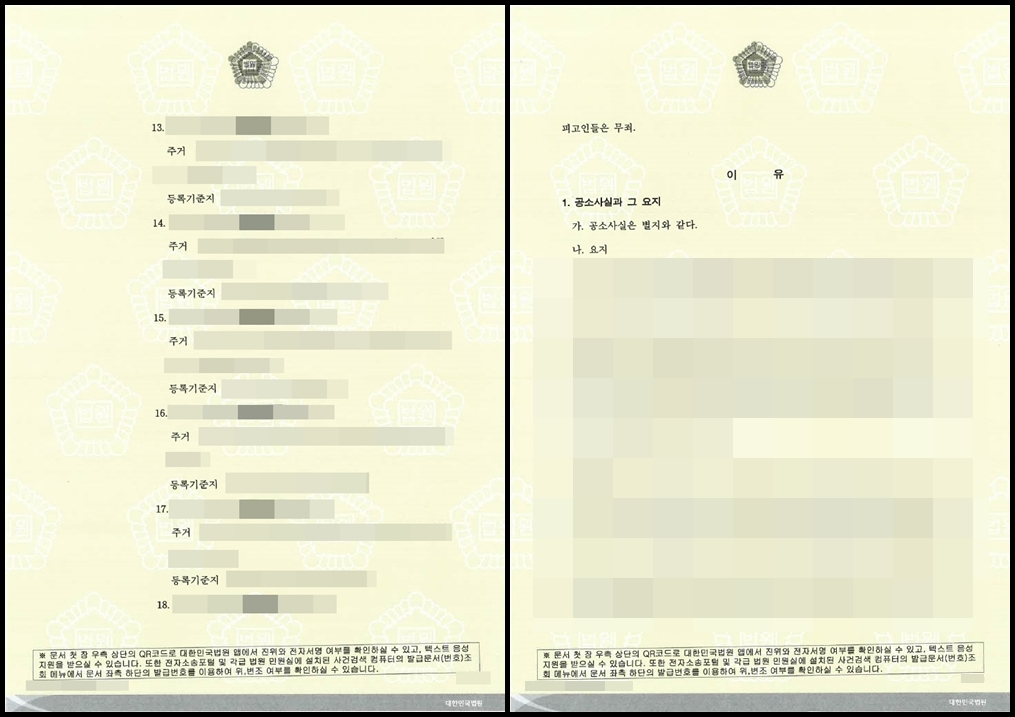Case overview
The client was offered to pay off an existing high-interest loan and convert it to a lower-interest loan, and was involved in the credit enhancement and overlapping loan process.
However, the client was completely unaware of the legal implications of this behavior and simply proceeded with the loan to reduce his financial burden.
He was subsequently charged in a related case and came to Ongang Law Firm seeking legal representation in an unfair situation.
Case issues
The main issue was whether the client's failure to disclose the credit enhancement and duplicate loans to the lender during the loan process constituted fraud.
Assistance from Ongang
From the outset of the case, Ong Kang's defense team provided organized legal support to prove their client's wrongful conviction.
First, we thoroughly analyzed the facts to emphasize that the client's actions were simply to reduce his financial burden and that there was no intent to commit fraud. We pointed out that the financial institution's loan screening process did not clearly check for credit enhancements or duplicate loans, and argued that the client had no legal duty to disclose.
We also emphasized that the financial institution's inadequate screening and management contributed to the problem, based on Supreme Court precedent and relevant statutes, and focused on proving that the client had the full intent and ability to repay.
In particular, to support his client's lack of intent to defraud or misappropriate property, he detailed his client's occupation and financial situation, explained how financial institutions conduct their own credit checks and loan underwriting, and convinced the court that he lacked the requisite intent to deceive and defraud.
■ Result
The court found that the client did not intend to engage in fraudulent conduct, so the client was not guilty because the court found that the client did not intend to commit fraud.
This allowed the client to clear his name and lead a normal social life.
Case outcome materials




